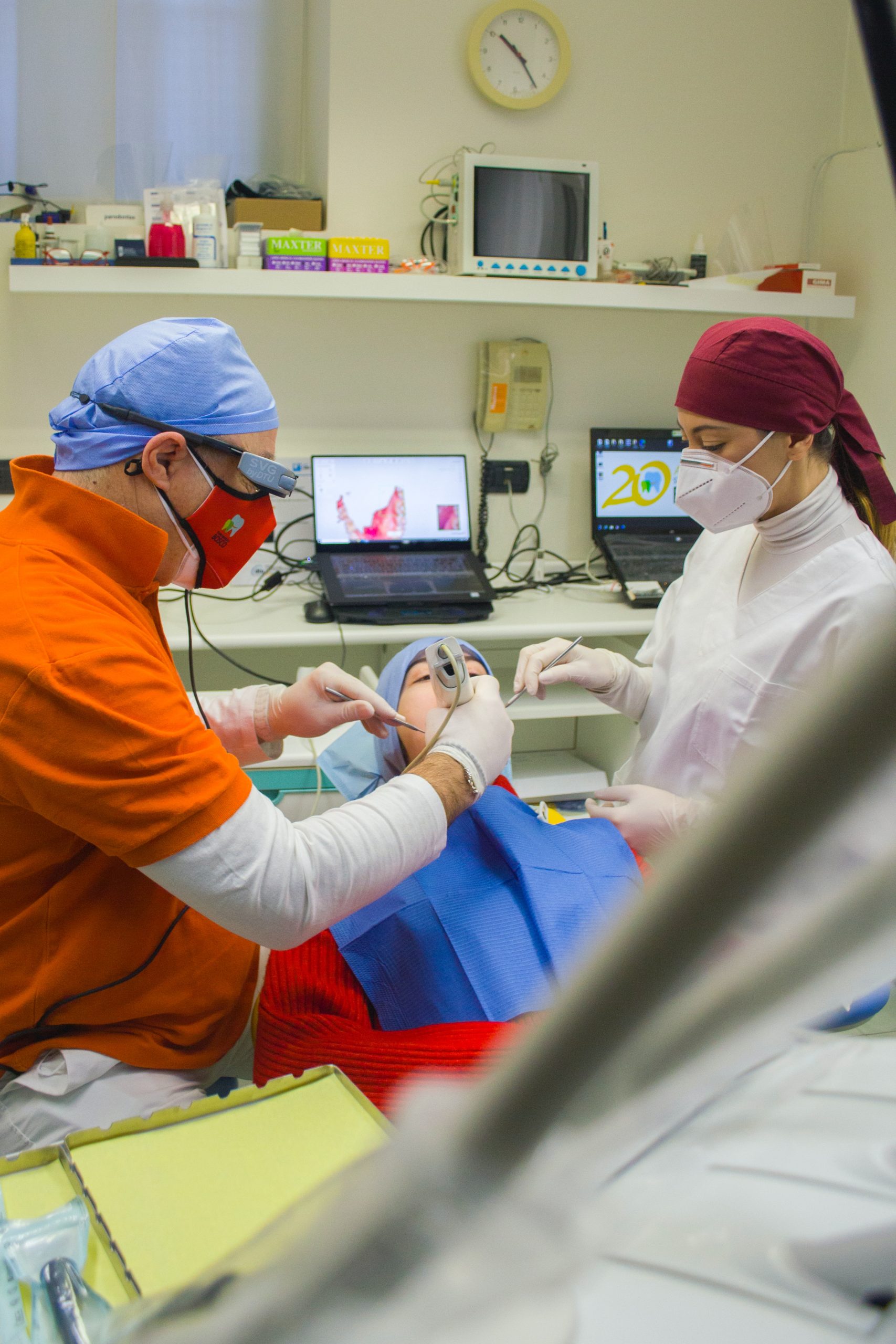
What is the difference between a Dental Therapist and Dental Hygienists?
Dental health is an important aspect of our overall wellbeing. It is crucial to take proper care of our teeth and gums to prevent dental diseases such as cavities, gum disease, and tooth loss. Dental professionals play a crucial role in maintaining our oral health, and two of the most common professionals are dental therapists and dental hygienists. While they both work to promote oral health, there are some differences between these two professions.
Education and Training
One of the most significant differences between dental therapists and dental hygienists is their education and training. Dental therapists typically have a diploma or degree in dental therapy, which involves two to three years of study. During this time, they learn skills such as filling cavities, performing extractions, and administering local anesthesia. In contrast, hygienists typically have an associate’s degree in dental hygiene, which takes about two years to complete. They focus primarily on preventive care, such as cleaning teeth and educating patients on oral hygiene practices.
Scope of Practice
Another important difference between dental therapists and dental hygienists is their scope of practice. Dental therapists are trained to provide a wider range of dental services, such as filling cavities, extracting teeth, and administering local anesthesia. They work in collaboration with dentists and can provide care to patients of all ages. On the other hand, hygienists focus on preventive care, such as cleaning teeth, applying fluoride treatments, and taking X-rays. They do not perform restorative or surgical procedures, and they work primarily with patients who have healthy teeth and gums.
Workplace Settings
Dental therapists and hygienists also tend to work in different settings. Dental therapists often work in community health centers, where they provide care to underserved populations who may not have access to regular dental services. They may also work in private dental practices, hospitals, and schools. In contrast, dental hygienists typically work in private dental practices or public health clinics. They may also work in educational settings, such as dental hygiene programs or dental schools.
Conclusion
Dental therapists and hygienists play crucial roles in maintaining our oral health. While they share some similarities in their work, there are also significant differences between these two professions. Dental therapists receive more extensive training and are qualified to perform a wider range of procedures, while hygienists focus primarily on preventive care. Additionally, they may work in different settings depending on their scope of practice. Overall, both dental therapists and dental hygienists are essential members of the dental care team and work to promote healthy smiles for all.
You can click on the link for more information: https://docmode.org/continuing-professional-development-in-dental-practice/
